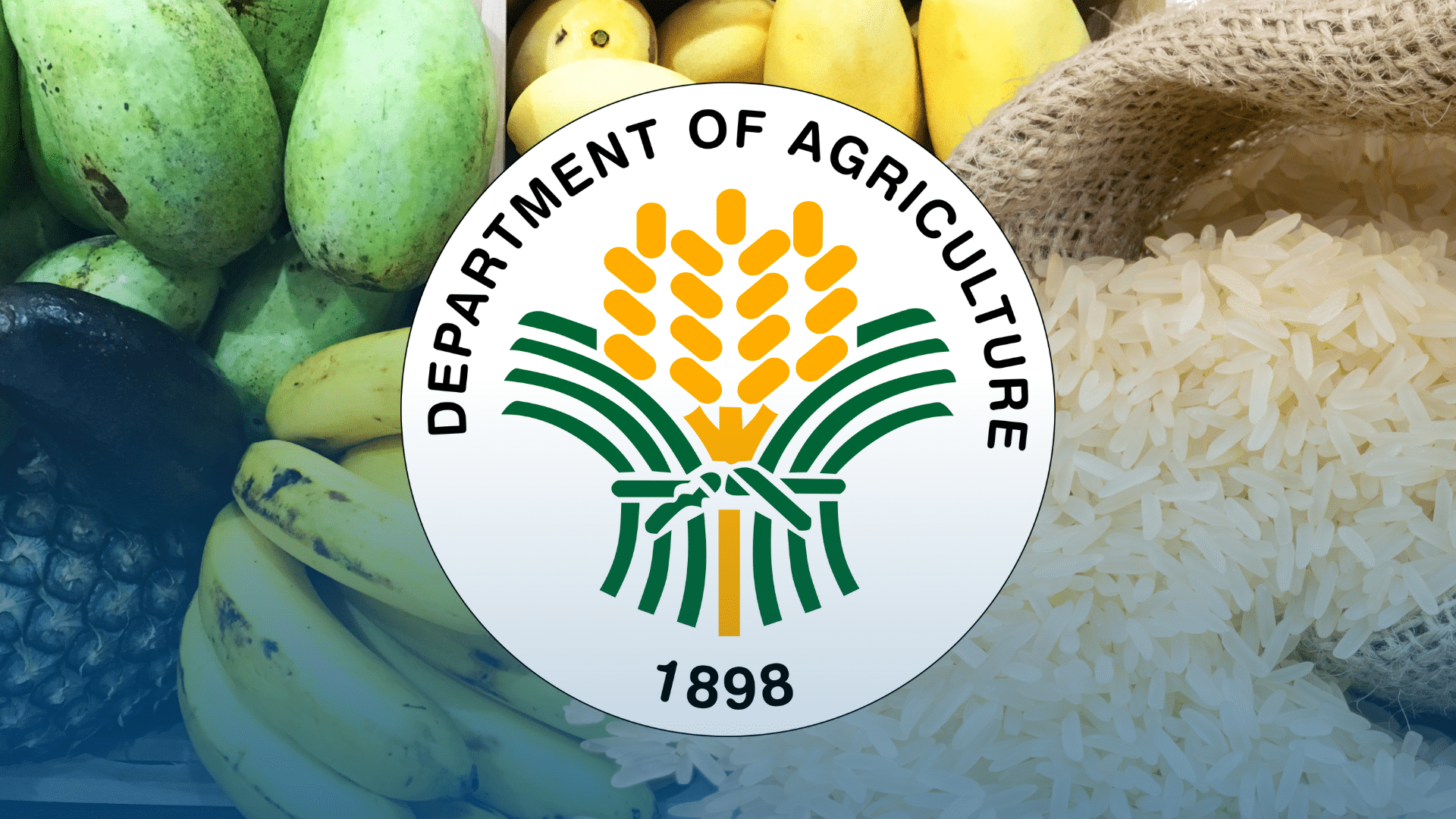
OUR Securities and Exchange Commission (SEC) is now open to developing the financial technology (fintech) industry and adopting the latest innovations in this industry in the Philippines. In April this year, the SEC, through its newly established PhiliFintech Innovation Office (PIO), issued one of its pioneering regulatory issuances: Memorandum Circular (MC) 9, Series of 2024, establishing a regulatory sandbox framework for financial products and services. This regulatory sandbox framework allows companies to test their innovative financial products or services in a live-controlled setting with flexible regulations under the supervision of the SEC. Briefly, interested companies can engage in a pilot testing program of their innovations with less stringent regulatory measures prior to offering their products or services to the public. It should be recalled that in 2021, the SEC established the PIO under its Corporate Governance and Finance Department ("CGFD") to regulate the development and use of fintech. The PIO is especially mandated to create informed policies for fintech innovators and analyze their business models based on their calculated impacts and risks in the financial market. The SEC established the PIO months after it joined the Global Financial Innovation Network, a network of over 60 organizations supporting the areas of financial innovation, inclusion, competition and stability, on Feb. 23, 2021.
According to the SEC, fintech refers to "a software, a service, or a business that provides technologically advanced ways to make financial processes and transactions more efficient compared to traditional methods." This broad definition covers automated online payments, instant fund transfers, and trading of cryptocurrencies, among others. As set out in MC 9, the financial product or service within the sandbox must include new technology, use existing technology in a novel way, address a problem, or bring benefits to consumers or the financial markets.
To facilitate the growth of companies that wish to introduce innovations in fintech, the SEC may give eligible companies relief from specific licensing, registration and regulatory requirements within a period defined in the approved test plan, depending on the level of risk of their activity, the existing security measures, and the benefits they may provide to the government and the public.
Importantly, upon graduation from the regulatory sandbox, the SEC will provide mechanisms to allow graduate companies to seamlessly offer their products or services from the sandbox to the public.
Interested companies must submit documentary requirements, including the application form, the company profile, and the proposed testing plan, and pitch their proposed fintech business models in a "Present Me Anything" session with the PIO. If the proposal meets the evaluation criteria set forth in MC 9, the SEC shall issue a notice of approval and the eligible company must launch its proposed product or service within 30 days thereafter. Otherwise, the application is deemed cancelled. During the testing stage, the company must disclose to its customers the fact that it is operating under the sandbox and the risks involved in the use of the product or service. The creation of the PIO and the promulgation of SEC MC 9 indicate the SEC's support for the fintech industry. Indeed, innovations in fintech must be duly recognized and encouraged for the benefit of the fintech companies, the consumers, and the state.
As demonstrated by statistical data, the Philippines ranked 44th out of 158 countries in terms of readiness for frontier technologies in the 2021 Technology and Innovation Report of the United Nations Conference on Trade and Development. However, there is much room to improve, as Philippine fintech companies are able explore, enhance and upscale their capacity in collaboration with the government, with the result of improving the digital economy of the country. Thus, the issuance of MC 9 is a very welcome development in the fintech arena.
Euney Marie J. Mata-Perez is a CPA-lawyer and the managing partner of Mata-Perez Tamayo & Francisco (MTF Counsel). She is a corporate, M&A and tax lawyer and has been ranked as one of the top 100 lawyers of the Philippines by Asia Business Law Journal and is the incoming chairman of the Tax Committee of the Management Association of the Philippines. She acknowledges the contribution of Ms. Raida Argeli G. Grefiel in this article. This article is for general information only and is not a substitute for professional advice where the facts and circumstances warrant. If you have any question or comment regarding this article, you may email the author at info@mtfcounsel.com or visit MTF website at www.mtfcounsel.com
Read The Rest at :



